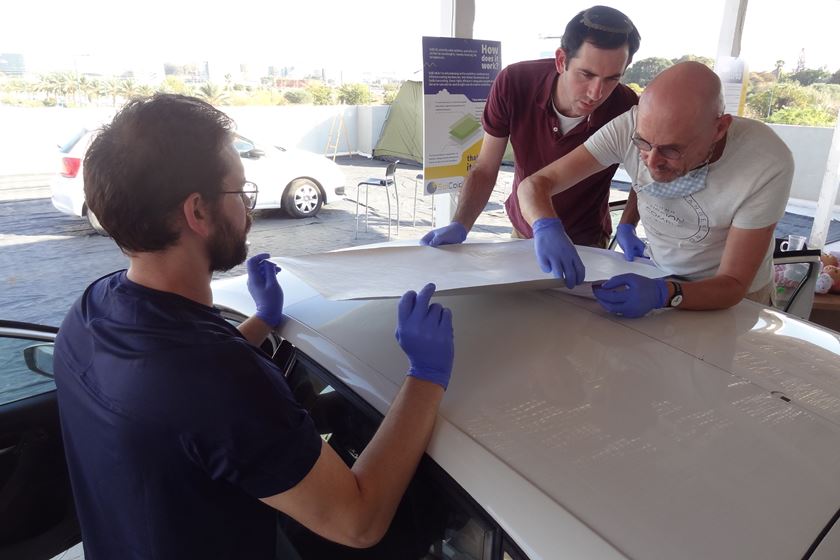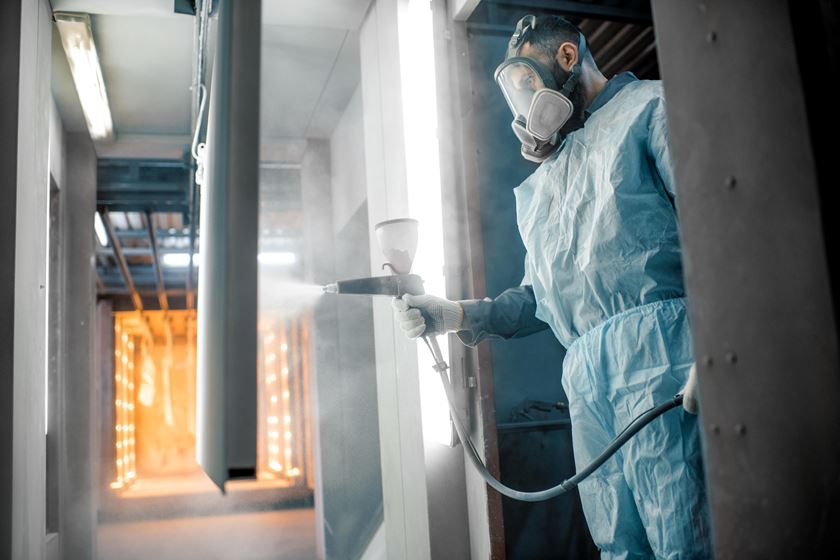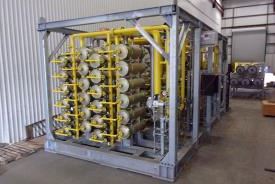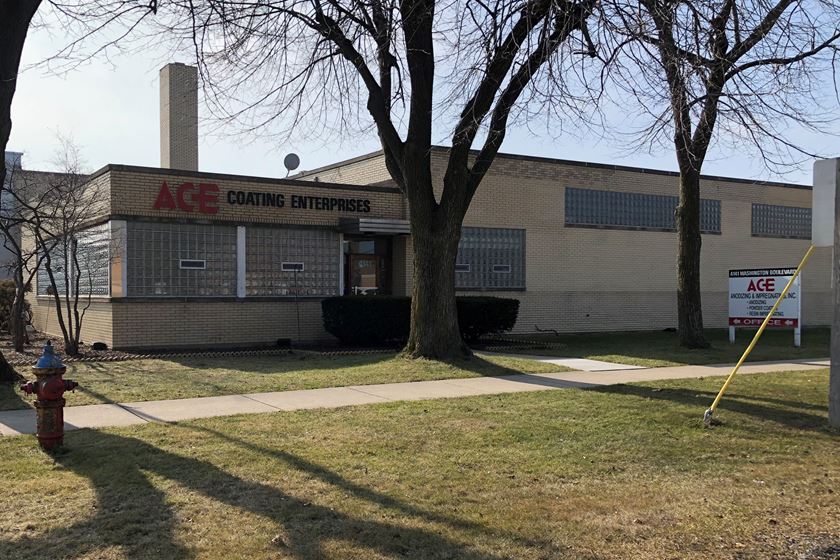Nickel Recovery from Filter Press Cake
Is the recovery of nickel metal from waste sludge considered recycling, reusing or reclaiming?
#pollutioncontrol #sustainability
Q. Is the recovery of nickel metal from waste sludge considered recycling, reusing or reclaiming? T.Z.
A. First of all, let’s not call it “sludge,” but rather filter press cake from a wastewater pretreatment system.
Featured Content
It is not uncommon to hear that there is some confusion by the differences among the definitions of recycling, reclaiming and reusing. The terms are often used interchangeably, which adds to their misunderstanding. The U.S. Environmental Protection Agency defines each of them in 40CFR 262.1(a)(2) as follows: A material is “recycled” if it is used, reused or reclaimed. A material is considered “reclaimed” if it is processed to recover a usable product or if it is regenerated. A material is “used or reused” if it is employed as an ingredient (including use as an intermediate) in an industrial process to make a product (for example, distillation bottoms from one process used as feedstock in another process). However, a material will not satisfy this condition if distinct components of the material are recovered as separate end products (as when metals are recovered from metal-containing secondary materials) A material also is considered “used or reused” if it is employed in a particular function or application as an effective substitute for a commercial product (for example, spent pickle liquor used as phosphorous precipitant and sludge conditioner in wastewater treatment). As you can see, reclaiming and reusing can be methods of recycling.
I assume that you are recovering or desire to recover nickel from filter press cake (F006-listed hazardous waste) generated from an electroplating operation’s wastewater pretreatment system. Based on the definitions above, recovering nickel from filter press cake is considered a reclamation activity and is also defined as recycling.
The reclamation designation can be significant in determining whether a waste is regulated. For example, in Ohio, a “listed waste” that is being reclaimed is regulated, but a waste that is hazardous only due to exhibiting a characteristic is not regulated when reclaimed.
Unfortunately, reclaiming metals from filter press cake typically does not exclude the material from hazardous waste regulations. A 1989 memorandum from the EPA Office of Solid Waste and Emergency Response states that EPA views F006 waste used as a feedstock in a metals recovery smelter as a recovery process rather than as an ingredient in an industrial process, and, therefore, considers the reclamation to be a form of treatment. Because it is considered a recovery process, the F006 waste remains a hazardous waste and must be managed as such prior to the reclamation process. It is important to know your state’s rules with regard to reclaimed materials.
At one time, the EPA had proposed a rule to exempt F006 hazardous waste from RCRA regulations if it was recycled. However, the agency withdrew the rule in 2006 during the review process and has not yet revisited the exemption. It is encouraging metals recovery in the metal finishing industry to increase the recycling of F006 by removing some of the regulatory disincentives to generators. As stated in a rule finalized in 2000, the EPA allows generators of F006 waste up to 180 days to accumulate the waste on site without a hazardous waste storage permit, provided certain conditions are met. These conditions include implementing pollution prevention practices that reduce the volume or toxicity of the F006 waste or that make it more amenable for metals recovery; recycling the F006 by metals recovery; accumulating no more than 35,280 lbs (16,000 kg) of F006 waste on site at any one time; and complying with the applicable management standards. These standards cover accumulation in tanks, containers or containment buildings; labeling and marking accumulation units; preparedness and prevention contingency plans and emergency procedures; personnel training; and waste analysis and record keeping. EPA hopes that these relaxed requirements will recover metal resources that otherwise would be land-disposed.
RELATED CONTENT
-
8 Things You Need to Know About Paint Booth Lighting
Global Finishing Solutions has come up with some helpful insights on lighting for paints booths which plays a crucial role in achieving a quality paint job.
-
Recovery/Recycling Methods for Metal Finishers
A guide to lowering pollution and recovering valuable process constituents.
-
Is Your Electroplating Waste Hazardous?
Some that bears precious metals is, and there are a host of regulations to consider when recycling.


















